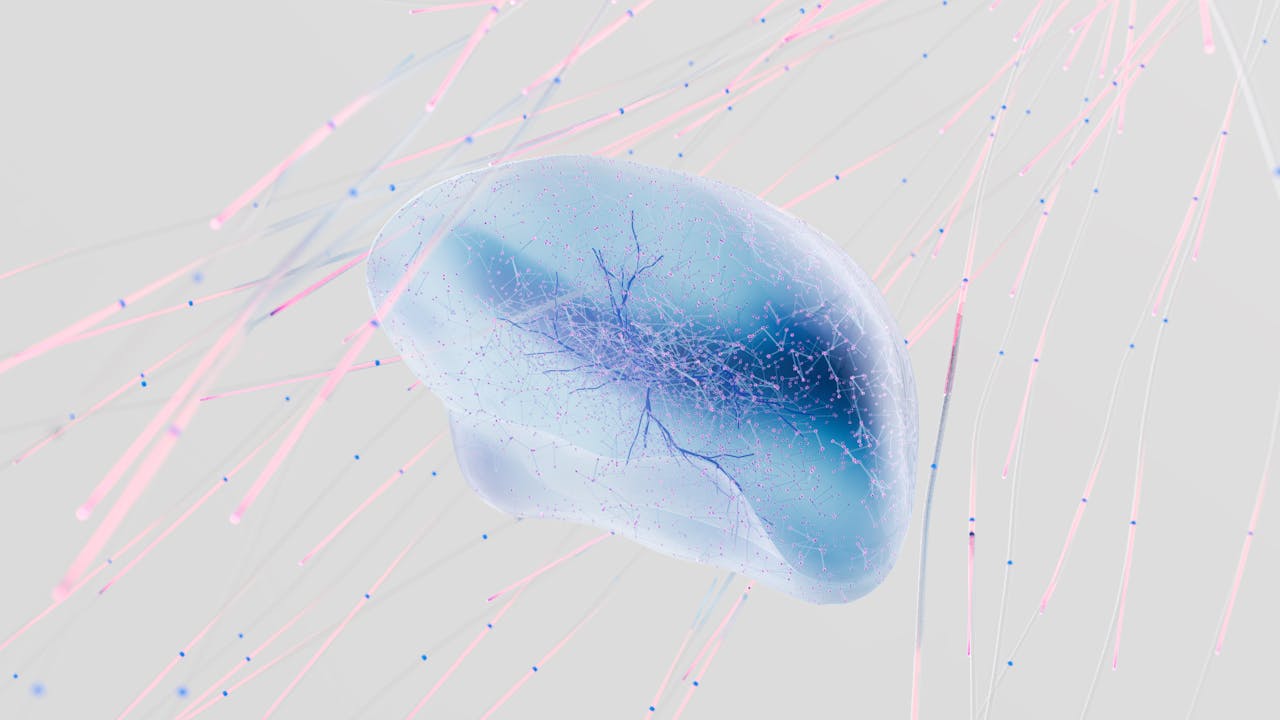Mental Health
Statins Reversed Learning Deficits caused by Genetic Disorder
A new study is reporting that statins, which are commonly prescribed for high cholesterol, have the potential to reverse learning deficits caused by a genetic disorder known as Noonan syndrome.
"Noonan syndrome affects one in 2,000 people, and up to half of these patients struggle with learning disabilities," the study's lead investigator Alcino Silva, professor of neurobiology, psychiatry and psychology at the David Geffen School of Medicine at the University of California, Los Angeles (UCLA), said. "Our approach identified the mechanism causing the disease, as well as a treatment that reversed its effects in adult mice. We are excited about these findings, because they suggest that the treatment we developed may help the millions of Noonan patients with intellectual disabilities."
For this study, the researchers genetically altered mice to develop the syndrome. Noonan syndrome can be caused by several genes. However, one particular gene, which encodes a protein that is responsible for another protein called Ras, can be tied to roughly 50 percent of the cases. Ras is in charge of controlling how neurons communicate with each other, which is vital to learning. In patients with Noonan syndrome, Ras becomes hyperactive.
"An overabundance of Ras prematurely alters the brain's synapses, leaving no place for the brain to record the changes necessary for learning," said first author, Young-Seok Lee, a former UCLA postdoctoral researcher who heads his own lab at Chung-Ang University in Seoul, Korea, according to the press release.
The team treated the rats with an FDA-approved statin called lovastatin. The researchers found that the drug was able to reduce Ras' activity levels, which then allowed the brain cells to talk to each other normally. The process of learning was normalized in the rats.
"Noonan syndrome interferes with the changes in brain cells needed for learning, which results in learning deficits. Statins act on the root of the problem and reverse these deficits. This enables the process of learning to physically change the brain and create memory," Silva explained. "We were amazed to see that statin treatment restored the adult animals' cognitive functions to normal."
The study was published in the journal, Nature Neuroscience.









Join the Conversation